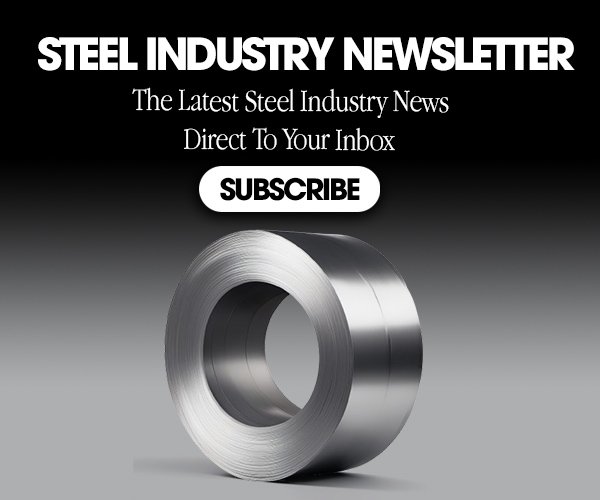The U.S. steel industry is undergoing a significant transformation, driven by the urgent need to reduce greenhouse gas emissions and combat climate change. Two major North American steel producers, Nucor and Cleveland-Cliffs, are at the forefront of this movement, implementing innovative strategies to achieve decarbonization.
Nucor: Championing Low-Carbon Steel Production
Nucor, known for its electric arc furnace (EAF) technology that already boasts a lower carbon footprint compared to traditional blast furnace methods, is making further strides. Their recent agreement with Mercedes-Benz to supply Econiq™ -RE steel exemplifies this commitment.
- Econiq™-RE: This revolutionary product category certifies steel produced using 100% renewable energy, significantly reducing greenhouse gas emissions throughout the supply chain. By choosing Econiq™-RE, Mercedes-Benz gains a crucial advantage in their pursuit of a net carbon-neutral new car fleet.
- Industry Leadership: Nucor’s dedication to sustainability extends beyond individual projects. Their status as the largest recycler in the Western Hemisphere reflects their commitment to a circular production process that minimizes environmental impact.
- Collaboration for a Greener Future: Nucor recognizes the importance of collaboration in accelerating decarbonization efforts. Their partnership with Mercedes-Benz demonstrates the potential for positive change when industry leaders work together.
Cleveland-Cliffs: Investing in Next-Generation Technology
Cleveland-Cliffs is tackling decarbonization through large-scale capital projects supported by the US Department of Energy. Their investments focus on implementing cutting-edge technologies with the potential to transform steel production. Cleveland-Cliffs Inc. announced two of its projects have been selected for award negotiations for up to $575 million in total funding from the United States Department of Energy (DOE) to pursue two decarbonization investments at Middletown Works in Ohio and Butler Works in Pennsylvania.
- Hydrogen-Ready Direct Reduced Iron (DRI) Plant: This ambitious project at their Middletown Works facility involves replacing the existing blast furnace with a DRI plant capable of using clean hydrogen. This shift has the potential to reduce carbon emissions intensity by over 90% compared to traditional methods.
- Electric Melting Furnaces (EMFs): Replacing existing technology with EMFs powered by renewable energy sources is another key aspect of Cleveland-Cliffs’ decarbonization strategy. This not only reduces emissions but also offers cost-saving benefits.
- Electrified Induction Slab Reheat Furnaces: This project at Butler Works focuses on improving the efficiency of electrical steel production, a critical component for renewable energy infrastructure. The new furnaces will not only reduce emissions but also enhance production capacity.
Shared Goals, Different Approaches
Both Nucor and Cleveland-Cliffs are dedicated to achieving significant decarbonization in steel production. However, their approaches differ:
- Nucor: Focuses on continuous improvement within their existing EAF technology and partnerships that incentivize the use of low-carbon steel products.
- Cleveland-Cliffs: Invests heavily in large-scale infrastructure projects that utilize next-generation technologies like hydrogen-powered DRI plants and electric furnaces.
The Road to a Sustainable Future
The steel industry plays a vital role in the global economy, but its traditional methods have a significant environmental impact. The efforts of Nucor and Cleveland-Cliffs offer a promising glimpse into a future where steel production is sustainable and environmentally responsible. These advancements will not only benefit the environment but also create new opportunities for clean energy technologies and secure jobs in the steel sector.
Key Takeaways
- Nucor and Cleveland-Cliffs are leading the charge in decarbonizing steel production in North America.
- Nucor leverages recycled scrap metal and offers low-carbon steel products like Econiq™-RE.
- Cleveland-Cliffs is investing in hydrogen-ready DRI plants and electric furnace technologies.
- Decarbonization efforts offer both environmental and economic benefits for the steel industry.
- Collaboration between steel producers, automakers, and the government is crucial for accelerating clean steel adoption.’
Be sure to check out our other articles regarding Decarbonization
Nucor, Google and Microsoft Join Forces to Accelerate Clean Energy Adoption












